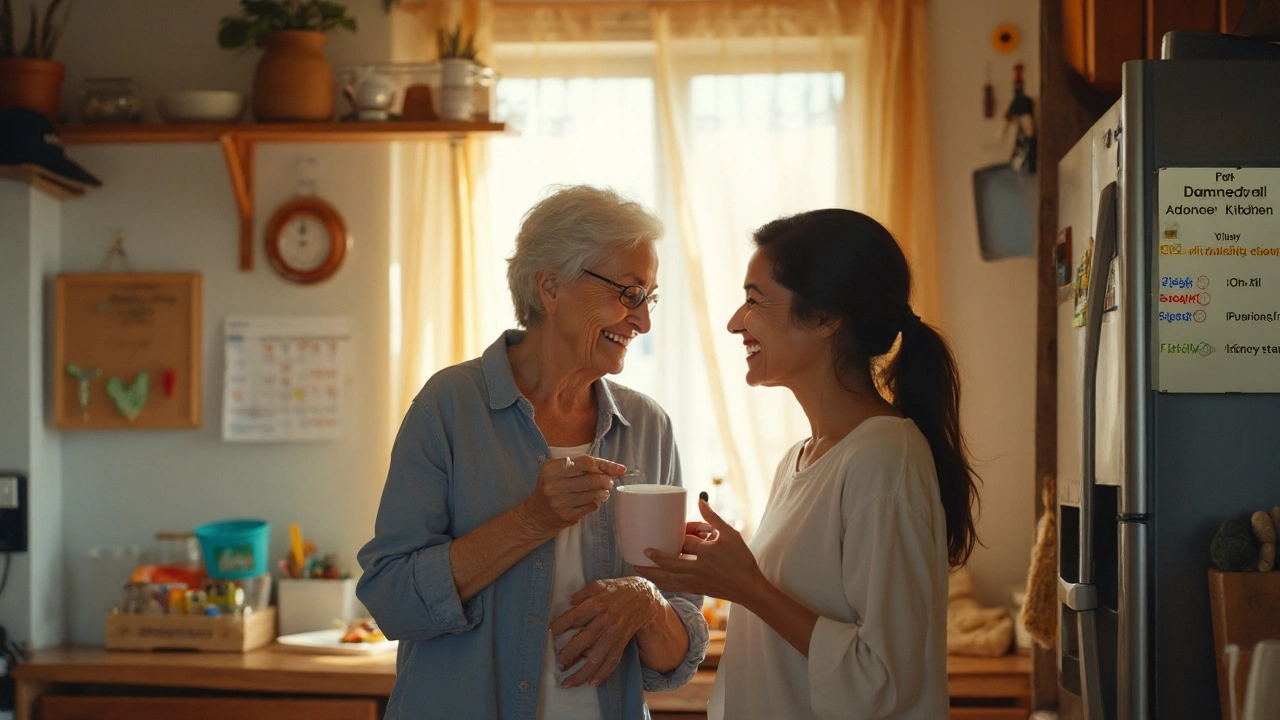- How to Store Liquid Antibiotics and Reconstituted Suspensions Correctly Dec 2, 2025
- Generic Drug Naming: USAN, INN, and Brand Name Basics Nov 21, 2025
- Why Regular STI Testing Matters for Sexually Active People Sep 28, 2025
- Top Propecia Alternatives for Hair Loss in 2024 Oct 23, 2024
- Exploring the Benefits of Guggul: A Comprehensive Guide to This Life-Changing Supplement Dec 27, 2023
Cognitive Stimulation Therapy: What It Is and How to Use It
Ever wonder why puzzles, music, or chatting with friends seem to make you feel sharper? That’s the heart of cognitive stimulation therapy (CST). It’s a set of activities designed to keep the brain active, improve memory, and lift mood. Doctors often recommend it for people with early dementia, but anyone can benefit.
Why CST Works
The brain loves variety. When you challenge it with new tasks, it builds stronger connections between neurons. Studies show that regular CST can slow memory loss and reduce feelings of depression. The trick is to combine social interaction with mental challenges – it’s more effective than solo brain games.
Easy CST Activities You Can Start Now
1. Group Trivia Nights – Grab a few friends or join a community center. Ask questions about history, movies, or everyday life. The friendly competition keeps you thinking and talking.
2. Cooking Together – Follow a recipe, measure ingredients, and discuss flavors. Cooking mixes math, memory, and sensory experiences, all while you chat.
3. Music & Memory – Play favorite songs from different decades. Sing along, talk about the memories the tunes spark, and maybe even learn a new instrument.
4. Simple Puzzles – Crossword puzzles, word searches, or easy jigsaw puzzles are great. Choose ones that are challenging but not frustrating.
5. Storytelling Sessions – Pick a theme (childhood, travel, favorite books) and share stories. Listening and speaking together boosts language skills and emotional connection.
Mix and match these activities throughout the week. The goal isn’t perfection; it’s about staying engaged.
If you’re caring for someone with dementia, schedule CST sessions at the same time each day. Consistency helps the brain form habits, and the routine provides comfort.
For those who prefer solo work, use a timer: 15 minutes of brain games, 10 minutes of reading aloud, then a short walk. Even short bursts add up.
Technology can help, too. Many apps offer memory games, virtual bingo, or guided meditation that includes mental tasks. Just pick user‑friendly ones and avoid anything too complex.
Remember to keep the mood light. Humor, praise, and positive feedback turn challenging tasks into enjoyable experiences. If something feels too hard, switch to a simpler version and try again later.
Overall, cognitive stimulation therapy is a flexible toolbox. Whether you join a group, cook a new recipe, or tap a phone app, the key is to stay curious and stay social. Your brain will thank you with sharper thinking and a brighter outlook.
Why Social Connection Matters in Dementia: Practical Guide for Caregivers and Families
- Elara Whitlock
- Sep 5, 2025
Clear, practical guidance on how social connection improves mood, cognition, and daily life for people with dementia-plus checklists, examples, and troubleshooting.
